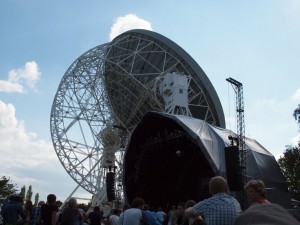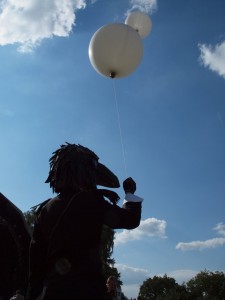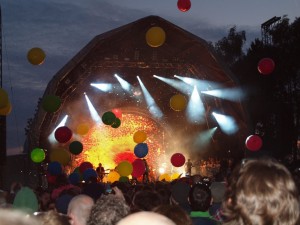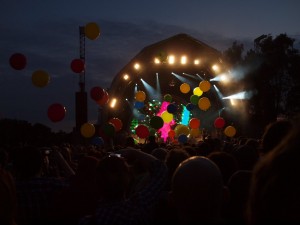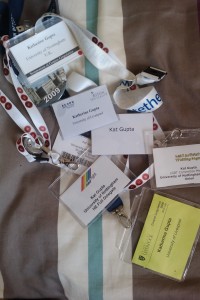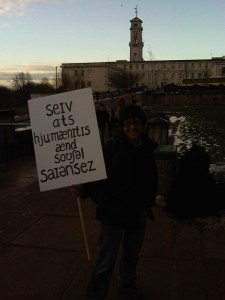In my research, it’s impossible not to come across issues of direct action. Earlier this year I was looking at words derived from Mutual Information for suffragist, suffragists, suffragette and suffragettes. A category for direct action terms emerged from this data, and I started to look at disturbance*, outrage*, violence, crime*, disorder and incident? in more detail.
To quote from a draft of this chapter:
The terms examined in this chapter can be paired – two relatively high frequency, non-specific terms disturbance* and outrage*, two low frequency, specific terms violence and crime* and two terms, disorder and incident?, which are both used to describe suffrage campaigners’ interactions with non-suffrage supporters, but differ in which groups they are used in conjunction with. Reports shy away from using violence and crime* to describe suffrage campaigning and instead use more ambiguous terms such as disturbance and outrage; the actions encompassed by disturbance and outrage include the disruption of meetings and heckling as well as more destructive acts such as ‘fire outrages’ and bombs.
The damage and destruction was largely confined to property. If there was physical aggression, it was nearly always faced by the suffrage campaigners than posed by them. The Times describes “large hostile crowds”, “active hostility to suffragists”, several “scenes of great disorder” and meetings broken up by “young roughs”. The texts I am working with at the moment describe “disorderly scene[s]” at suffragist meetings, but on closer examination the meetings themselves seem to have been highly organised and the disruption was due to members of the public, who formed a “hooting and jostling mob”, hassled the speakers and attempted to hustle them out of the park.
And then the Browne Review was announced. As a young researcher in arts, humanities and social sciences (I might declare which area I’m in if someone decides to fund me), I am worried about what this might mean for these areas. I’m worried about the Education Maintenance Allowance, AimHigher and Lifelong Learning UK being scrapped with no clear information on what will replace them. I’m worried about the privatisation of Higher Education. These cuts to education take place against a background of cuts to public services, and it’s difficult not to interpret them as ideological.
I was not the only one to feel like this, and direct action began to seem rather closer to home. Students marched on the 10th November, 24th November and 9th December. The argument that “the broken pane of glass is the most valuable argument in modern politics” began to be heard again and yet again, damage to property was positioned as worse than damage done to people’s lives.
With other students at my university, I engaged in peaceful direct action. I made my placard, marched, chanted, and was duly kettled for around six hours. I’m pretty sure that this video is from where I was kettled. Protesters were injured – a woman beaten and racially abused by police, a man nearly died after being beaten and Green and Black Cross has an appeal for witnesses. People found being inside a kettle a “shocking experience”. There are photos of the day (link 1, link 2) but I’m not sure how well they capture most protesters’ experience – the vast majority were not hurling paintbombs and setting benches on fire.
Parliament still voted to allow an increase in tuition fees.
There are criticisms of the focus of reporting, criticism of kettling tactics and outrage over the state (and state-sanctioned) response to these protests. I am confident that more criticisms will emerge.
There are things I will take from this on a personal and political level, but at the moment I’m trying to work out what I can take from this as a researcher in direct action.
One of these things is the sheer courage it takes to engage in direct action. I can understand why people may be ambivalent towards militant direct action in the suffrage movement – at times it can come across as misdirected or petty. But it takes bravery to demonstrate when you know this could lead to police violence against you.
A second point is about disenfranchisement. Many of those on the demonstrations were young and without a political voice. Demonstrating – being physically present at the gates of Parliament – was one of the few ways open to them to get their demands heard. While these people are excluded on the basis of youth – a temporary condition, rather than the more fixed one of sex – it still shows how easily those not able to vote can be ignored by government.
A third is about the nature of direct action. There is a fair amount of discussion going on about what direct action should encompass. There are calls for peaceful demonstrations, candle-lit vigils, writing to MPs…but these have been going on for years with no demonstrable effect. There’s a sense of frustration amongst protesters. I was marching against top-up fees in 2003 and I think these protests have partly come about because people have tried to be nice and polite only to be ignored. Suffragists, too, tried a peaceful approach – they had demonstrations and rallies, they lobbied MPs, they sent deputations to members of the Cabinet, they organised petitions. If I can feel frustrated after a mere seven years of campaigning, it makes me more sympathetic to women who’d been campaigning for over 30 years with no real progress.
A fourth is a about the fractures in a movement that can result from direct action, and the willingness for some parts of the movement to disown those who do take part in property damage. You can almost hear the ‘respectable’ protesters scrambling to distance themselves from the balaclava-clad youths clutching spraypaint and lighter fuel. No one seems to be asking why they’re engaging in such actions, yet these “bainlieue-style youth from Croydon, Peckam, the council estates of Islington” are well aware of what university will cost them and are one of the most vulnerable groups: “We’re from the slums of London, how do they expect us to pay £9,000 a year uni fees? EMA is the only thing keeping us in college, what’s stopping us from doing drug deals in the street now? Nothing.”
While direct action within the suffrage movement was organised by a different demographic, there still seem to be the same split between those urging peaceful direct action – such as the NUS’s Right to Recall campaign – and those engaging in different forms of protest.
What I’d take to these protests from my research is an understanding that there’s room in a movement for lots of different forms of protest. It’s not an either/or decision between things like the Right to Recall campaign and more confrontational things like occupations, and it’s important not to fracture along these lines.
I didn’t really expect to be a participant-observer of direct action when I started my PhD, but I hope it makes me a better researcher – a less judgemental one, and one better able to understand the pressures that lead to direct action

